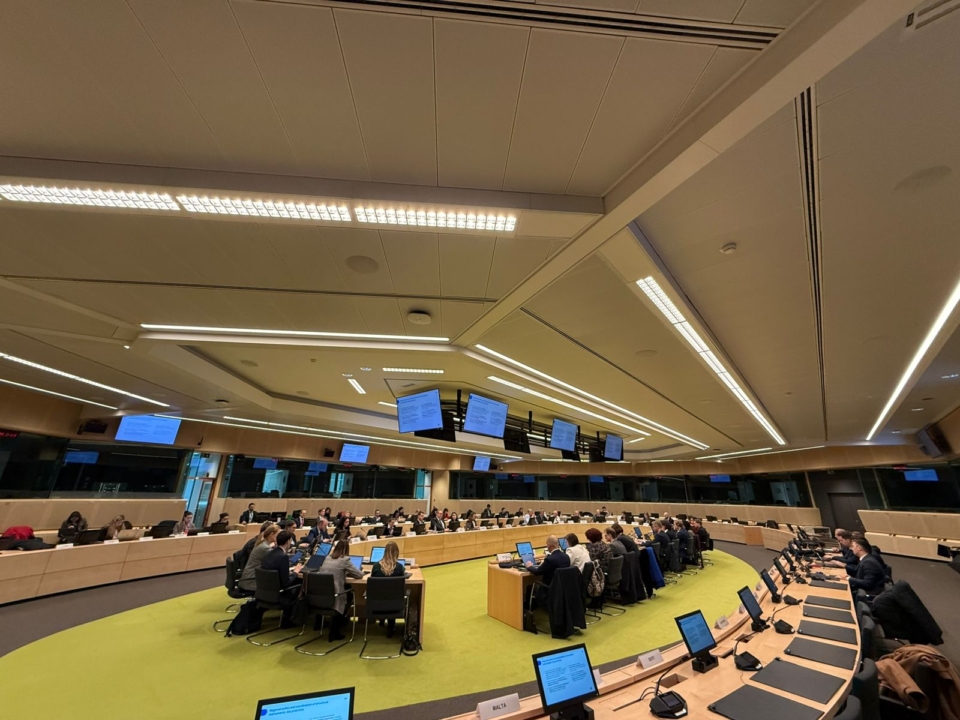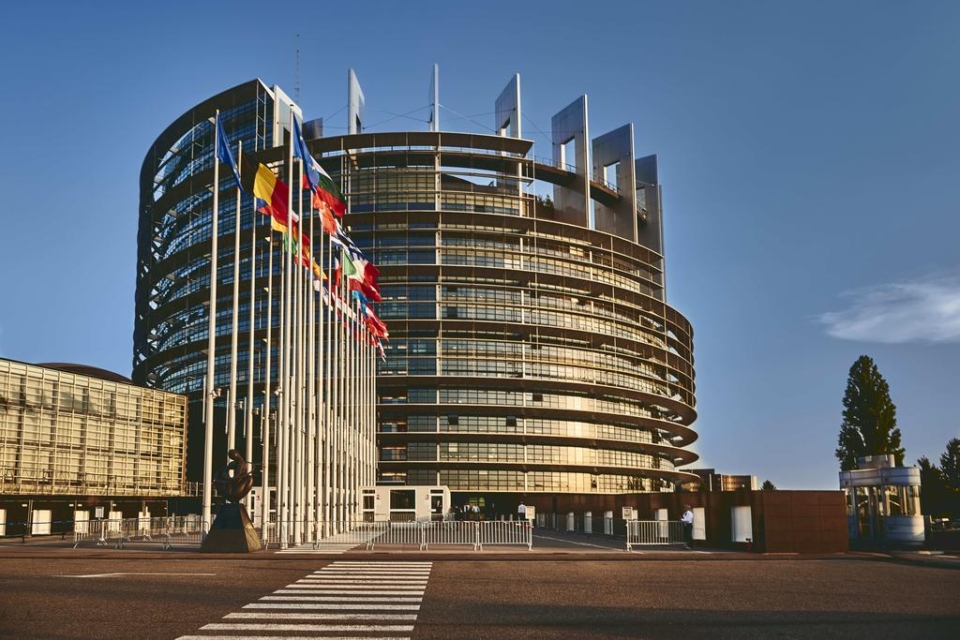The Ministry of Ecology and Natural Resources of Ukraine explains how environmental control reform brings Ukraine closer to the EU
09.08.2024
Ukraine’s accession to the European Union brings not only new opportunities, but also responsibility for compliance with European standards in all areas, including environmental protection. The article by the Ministry of Environmental Protection and Natural Resources of Ukraine describes how Ukraine is approaching EU standards in this area.
The Ministry of Ecology and Natural Resources of Ukraine explains how environmental control reform brings Ukraine closer to the EU
Ukraine’s accession to the European Union brings not only new opportunities, but also responsibility for compliance with European standards in all areas, including environmental protection. The article by the Ministry of Environmental Protection and Natural Resources of Ukraine describes how Ukraine is approaching EU standards in this area.
One of the most important steps towards approximation to European standards is the reform of the state environmental control system, which in Ukraine currently needs to be updated and improved. In its Progress Report on Ukraine’s progress under the 2023 Enlargement Package, the European Commission provided our country with a number of recommendations for the current year. Among them is the need to adopt a law on environmental control.
The key draft law No. 3091 was adopted by the Verkhovna Rada in the first reading three years ago. At the same time, it is important that such a law complies with EU directives and recommendations.
For example, Directive 2004/35/EC prioritises the prevention and remediation of environmental damage. Recommendation No. 2001/331/EC sets out criteria to be used as a common basis for environmental inspection tasks within the EU Member States.
Therefore, the working group finalised the draft law for the second reading, taking into account the requirements of EU law.
The Ministry of Ecology provides 5 examples of how the environmental control reform is consistent with the provisions of EU law:
1. Single state environmental control body
Draft Law No. 3091 provides for the optimisation and consolidation of all controlling functions of various state institutions into a single state environmental control body.
This elimination of duplication of functions and bureaucratic barriers is in line with the requirements of Directive 2004/35/EC. This EU law requires Member States to have a competent state authority for environmental control at the national level.
Currently, in Ukraine, 7 central executive authorities exercise control over various components of the environment, which creates excessive pressure on business and significantly complicates the implementation of a real environmental impact assessment.
2. Empowerment of the public
Directive 2004/35/EC emphasises the importance of guaranteeing the rights of NGOs and the public in the process of environmental control.
Draft Law No. 3091 makes the right of citizens to report environmental violations more accessible by introducing an electronic form of receiving appeals, which is available 24/7 and provides the right to participate in initiated environmental inspections.
The draft law prepared for the second reading opens up new opportunities for NGOs to participate in the selection of candidates for the positions of heads of the renewed state environmental control body at the national level and in the regions. Such involvement of NGOs will ensure an effective and fair selection process and contribute to the quality of recruitment.
In addition, the draft law additionally establishes the following rights for the public
- free access to information on the conduct of inspections;
- submission of proposals to the inspection plans;
- appeal to the court against decisions, actions or inaction of state environmental control bodies.
In case of violation of the right to information or participation in decision-making, any person has the right to appeal the decision in court.
3. Implementation of preventive measures
The Draft Law introduces new control measures, such as patrolling, call response and raids, to help prevent environmental damage at an early stage. This approach is in line with Recommendation 2001/331/EC, which sets the goal of environmental inspections to achieve a high level of environmental protection.
The priority of environmental control will be environmental protection, damage prevention and remediation, instead of numerous business inspections and the amount of damages recovered as a measure of control effectiveness.
4. Professionalism.
Recommendation 2001/331/EC, Directives 2004/35/EC and 2010/75/EC, as well as the new EU Directive 2024/1203 on the criminal law of the environment, which replaces Directives 2008/99/EC and 2009/123/EC, require EU Member States to implement an effective inspection system, appoint a competent environmental authority and implement best practices in the qualification and training of environmental inspectors.
The basis for building an effective and competent authority is a high-quality and professional team. To effectively carry out environmental inspections, an inspector must have knowledge of both the technical characteristics of industrial production mechanisms and the ways to protect endangered species of animals or plants.
Draft Law No. 3091 introduces a competitive selection process for the positions of heads and heads of territorial bodies, sets out the qualification requirements for inspectors of the state environmental control body, as well as a system of training and professional development.
In addition, given that the state environmental control body will acquire the status of a law enforcement agency, it is additionally envisaged to introduce an anti-corruption programme that will define rules, standards and tools for detecting, combating and preventing corruption. All of this assumes that environmental control will be carried out in a professional, competent and impartial manner.
5. Application of the ‘polluter pays’ principle
The Draft Law No. 3091 introduces the ‘polluter pays’ principle, which is key to ensuring liability for environmental violations in accordance with Directive 2004/35/EC and Directive 2010/75/EU. This means that legal entities that caused environmental damage in Ukraine will be held liable for environmental damage, not individual employees of polluting enterprises.
Under current Ukrainian legislation, in order to compensate for damage, an environmental inspector must determine which specific official at the enterprise is responsible for causing environmental damage. Often, polluters abuse this manipulative legal requirement and effectively avoid liability.
The introduction of a system of administrative and economic liability will make it possible to hold liable the legal entity whose activities have actually caused environmental damage and to determine the obligation and timeframe for remediation of such damage. This will encourage companies to take a responsible attitude to the environment and minimise their negative impact on it.
Other news
All news













